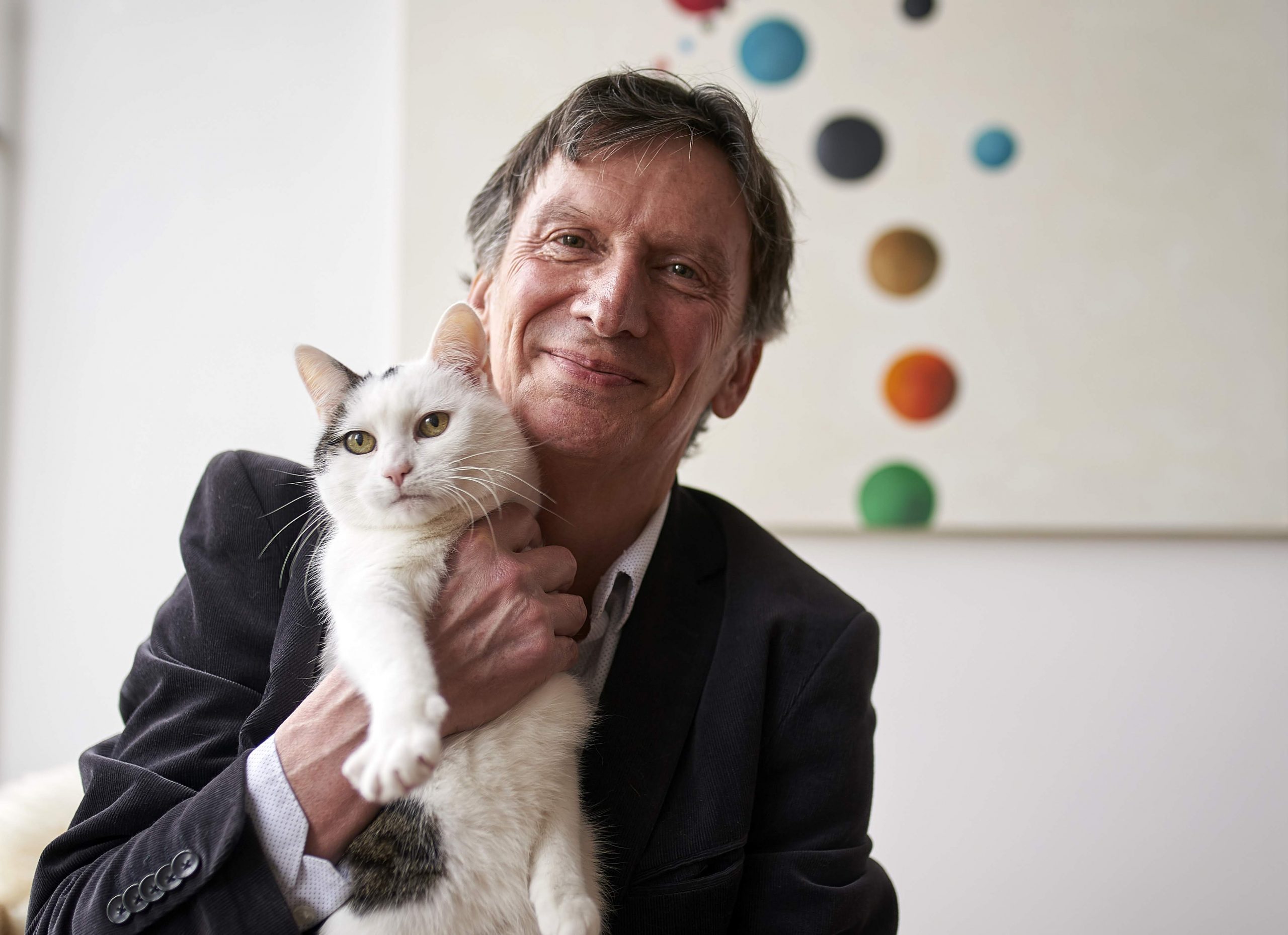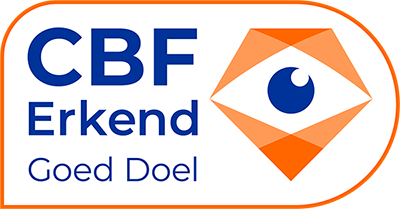
Chronically stressed? Don’t forget that we are actually animals, is the advice of Witte Hoogendijk, Professor of Psychiatry.
He often observes his pet, a cat. A fantastic example, according to the psychiatrist. “She just takes it easy, loves going outside, and has no problems whatsoever with just doing nothing. Long-term stress? Not something she experiences except, maybe, when she has to go to the cat sitter when I’m on vacation.”
Just imagine this in humans. In our modern society everyone wants to be the absolute best they can be. This means that we work too long, sleep too short, live unhealthy lives, and have too much stress. “Thousands of years ago stress was considered useful”, says Hoogendijk. “It is meant to trigger a response. Acute stressors are specific causes of stress that you can perceive. For example, an oncoming tram makes your body respond by jumping away. So stress is also very functional.”
Chronic stress also occurs in nature, such as very physical stressors like a shortage of food. Hoogendijk says: “But the body is ready to deal with such situations by initiating compensatory processes. Chronic stress is useful if the threat persists for a long period of time. People and animals then go into a sort of pilot light mode and save their energy for better times. At times like these, they often have symptoms similar to those of depression: no interest in the environment, lack of appetite, as little exercise as possible, light sleep, and they cannot concentrate on certain things. This helps the organism to suppress itself, to depress itself. If, for example, you have exams, it is useful to crawl into your cocoon and refrain from doing things such as going to parties. What you need to do is sit down and concentrate on the task at hand.”
Unfortunately, many chronic stressors nowadays are not specific. “Take, for example, possible dismissal or a reorganization that could take up to a year. You cannot fight this or flee from it, but it’s a constant source of worry. On top of this, we have to deal with an outdated stress response system that is very similar to that of other animals. This system, that was basically already present in fish hundreds of millions of years ago, cannot cope with modern stressors. It was set up for specific stressors, such as a falling branch or a predator chasing you.”
Hoogendijk continues: “How susceptible you are to stress depends on what kind of person you are. There are basically two types of people. Some are very stress-sensitive, while others are very stress-resistant. In the past, it was beneficial to have different types of people. The daredevils went hunting and ventured out and about. The less stress-resistant were more anxious, more compulsively controlling. That was also good. They ensured that everything remained neat and tidy and that people did not inadvertently eat poisonous berries. Both types had an important function.”
The professor emphasizes that extremes are very normal. “But if you are easily susceptible to stress, you have to be a little careful and bear in mind: this is apparently how I’m put together, so how am I going to deal with it? On busy days, for example, make sure you take enough breaks and get some fresh air or go for a walk, so that you can relax for a bit. If this proves difficult, ask a coach or therapist for help.
And don’t forget that you are still an animal in terms of stress response. All those nasty sensations that you feel – nervousness, a throbbing heart, sweaty hands – actually belong to an outdated system. You don’t need to worry about these responses, for our entire species suffers from these sensations. We have simply had too little time to adapt to the abstract stressors of our time. In the blink of an eye – thanks to the industrial and digital revolution – we suddenly started to live differently. We are glued to our screens like flies to honey, we hardly exercise, we eat too much, and we spend too much time indoors. Ever since the advent of social media we find ourselves in social circles that are much larger than our brains were intended to cope with. Of course, many people only see the fun side of this. But if you are sensitive to stress, remember to take this into account.”
Once you realize that you are an animal, try to live a little more like that animal. Pay extra attention to being outdoors, exercising more, eating healthy foods, spending time with your real friends, and relaxing and taking it easy before stress gets the better of you. Live like an animal, but, warns Hoogendijk: “Think like a human being. We have been blessed with an enormous brain and our own free will. We can decide for ourselves what we think about, how much stress we take on, and when we can stop worrying. We can influence our own behavior. We have a pause button that we are free to use as we see fit.”
And don’t forget, says Hoogendijk, that in this modern day and age our private and working lives have become intertwined. Our private lives have become much busier. “It can be good to take a critical look at your personal diary. Shouldn’t you skip that birthday party or remove that messenger group from your mobile phone? We all fill our free time with things that appear to be relaxing, such as going to a festival with lots of music and many people. You drink alcohol and maybe you even take some drugs. This means that this kind of relaxation has become strenuous and not really lasting.”
His thoughts return to his lazy cat: “That’s what I call real relaxation.”
Together with Volkskrant journalist Wilma de Rek, Professor of Psychiatry Witte Hoogendijk gives the following tips in the book ‘Live like an Animal’:
Thank to Erasmus Medical Center, Rotterdam, the Netherlands.
Text: Anneke Aaldijk, Picture: Phil Nijhuis





